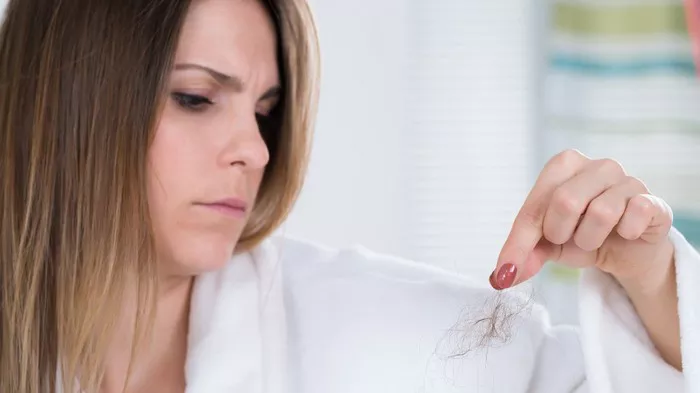In the pursuit of a modern, fast-paced lifestyle, many individuals find themselves burning the midnight oil, sacrificing precious hours of sleep. While the consequences of sleep deprivation on overall health are well-documented, one intriguing question arises: can sleeping late cause hair loss? In this article, we will explore the relationship between late-night sleep patterns and potential hair loss, shedding light on the factors that contribute to healthy hair and the impact of inadequate rest on this intricate balance.
1. The Hair Growth Cycle: A Brief Overview
Understanding the hair growth cycle is crucial in unraveling the connection between sleep patterns and potential hair loss. Hair undergoes a continuous cycle of growth, rest, and shedding. The anagen phase, a period of active hair growth, can last several years, while the catagen and telogen phases involve a resting period and hair shedding, respectively. Disruptions to this cycle can lead to hair thinning and loss.
2. Stress, Cortisol, and Hair Health
One of the primary links between inadequate sleep and hair loss lies in the realm of stress. Late-night activities that extend into the early morning hours often result in sleep deprivation, causing an increase in stress hormone levels, particularly cortisol. Elevated cortisol levels can trigger a range of physiological responses, including potential damage to hair follicles and an interruption to the normal hair growth cycle.
3. Sleep Deprivation and Hormonal Imbalance
A consistent sleep schedule is essential for maintaining hormonal balance within the body. Sleep deprivation disrupts this delicate equilibrium, potentially leading to an imbalance in hormones that play a role in hair health. For example, melatonin, known as the sleep hormone, is integral to the regulation of the hair growth cycle. Disruptions to melatonin production, caused by irregular sleep patterns, may contribute to hair-related issues.
4. Blood Circulation and Nutrient Delivery
Quality sleep is synonymous with proper blood circulation, ensuring that essential nutrients reach the hair follicles. Inadequate sleep may compromise blood flow, impacting the delivery of nutrients to the hair and scalp. This deprivation can result in weakened hair follicles, leading to hair thinning and potential loss over time.
5. The Impact of Blue Light on Sleep Patterns
In today’s digital age, late-night exposure to screens emitting blue light is a common practice. Blue light exposure has been shown to interfere with the production of melatonin, disrupting the natural circadian rhythm and making it difficult to attain restful sleep. As melatonin is not only crucial for sleep but also plays a role in hair health, the habit of using electronic devices late into the night may contribute to hair-related concerns.
6. Practical Tips for Healthy Sleep Habits
Addressing the potential connection between sleeping late and hair loss involves adopting healthier sleep habits. Establishing a consistent sleep schedule, creating a relaxing bedtime routine, and minimizing exposure to screens before bedtime are key steps in promoting better sleep. Creating a conducive sleep environment, complete with a comfortable mattress and pillows, can also contribute to a more restful night.
7. Professional Guidance: When to Seek Help
If concerns about hair loss persist despite improvements in sleep habits, seeking professional advice is crucial. Dermatologists and healthcare providers can conduct thorough assessments to identify potential underlying issues contributing to hair loss. Factors such as genetics, hormonal imbalances, and medical conditions may play a role, and a healthcare professional can provide tailored recommendations and interventions based on individual needs.
See Also: Why Does My Hair Fall Out Just by Touching It: A Full Guide
Conclusion
While the direct link between sleeping late and hair loss is not absolute, the impact of irregular sleep patterns on overall health, stress levels, and hormonal balance cannot be overlooked. Adequate, quality sleep is a cornerstone of well-being, influencing various physiological processes, including those related to hair health. By understanding the intricate interplay between sleep, stress, hormones, and the hair growth cycle, individuals can make informed choices to prioritize both their sleep and their hair. Establishing healthy sleep habits, reducing stressors, and seeking professional guidance when necessary are essential steps in maintaining a vibrant head of hair while embracing a lifestyle that values the restorative power of a good night’s sleep.


